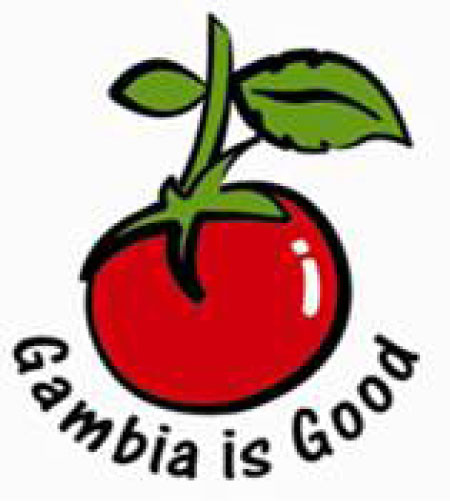
The
GiG’s vision - To harness the potential in The Gambia to foster development through sustainable business, channelled through the Vision, Mission, Strategy and Values of Concern Universal (CU) and in particular, focusing on one of the five Strategic Objectives of CU’s Gambia Program - Improve and enhance agricultural production and income generating activities that sustain livelihoods.
With over 75% of Gambians involved in agriculture production which accounts for less than 25% of GDP, GiG realize that climate change and cost of inputs are negatively impacting on production, thereby increasing food insecurity within this small country.
GiG’s unique approach to facing this problem has used tourism, the lifeblood of the Gambian economy, (accounting for 12% of its GDP) to enable rural producers to access these market opportunities. This has resulted in cash being injected directly into the pockets of poor farmers, mainly in rural areas.
GiG was developed to combat 2 key problems faced by local producers:
- Farmers were suffering from low yields, poor quality produce, low incomes, and lack of access to markets; and
- The Gambia was importing most of its fruit and vegetables to service the tourism industry and domestic markets and thereby removing a possible vital source of income potential for local farmers.
Within GiG’s social business a key component of the project was - The Gambia is Good Farmyard in Yundum village, established through the support of Travel Foundation (UK) in 2005. Developed to promote and demonstrate best practice techniques for local communities, is a key site for agricultural innovation and demonstration. Through its action research and demonstration, it provided an example of how new as well as traditional crops can be produced in The Gambia at non-typical times of the year; thus helping farmers to maximize market opportunities.
The farm also offered unique and interactive excursions for tourists, educating visitors on sustainable and responsible tourism, local farming practices and the importance of supporting local farmers with smart consumer choices. The GiG Farm also showcased environmentally sustainable technology, and green farming practices so that local farmers, NGOs and educational establishments have access to working examples of sustainable farming practices.
Through GiG’s impact, a significant difference has been seen throughout areas of GIG’s operation in two regions of the
Farmer trainings at the GiG farmyard, meant farmers could now grow a wide variety of crops for the market at improved quality and at difficult times, which gives them higher returns.
To date, GiG has trained approximately 1000 Gambian producers (with an indirect impact on over an estimated 5000 people), 90% of whom are women.
In six years, market linkages through GiG have resulted in payments totalling over 11 million Gambian dalasi directly into the hands of grassroot Gambian farmers, representing more than 580 tonnes of locally grown produce.
Cash paid to local farmers has increased year by year, with a slight decrease last year due to many factors. An estimated:
516,000 GMD in 2006
1,150,000 GMD in 2007
1,700,000 GMD in 2008
2,415,000 GMD in 2009
2,900,000 GMD in 2010
2,350,000 GMD in 2011
GiG have been purchasing from approximately 200 producers. Amount earned by each farmer varies enormously, and varies from month to month. Highest amount to one farmer in one month was about D28,000, equivalent to a senior civil servant
In a 3 month harvest period – one ‘GiG trained’ Western Region farmer made a net income of D25,000 on tomatoes only. In addition, the same farmer also produces unconventional crops like sweet (green) peppers, courgettes, cucumbers and iceberg lettuce, for which a lucrative income is gained.
The GiG farm has now moved to a new farm site – The Siffoe Kaffo Farm - in Siffoe village, giving us with the opportunity to work with the village members of the farm, providing horticultural training to about 60 members, mainly women to diversify into vegetable gardening, increase production of honey and other value added products like fruit jams, whilst producing vegetables according to market demand, to as to reduce glut. Through our donors, we have been able to provide access to water (solar powered borehole), farm inputs (seeds, fertilizers etc), irrigation system, improved nursery houses and green house tunnels (to arrive soon), which will facilitate all year production of highly demanding vegetables.
The GiG farm has now moved to a new farm site – The Siffoe Kaffo Farm - in Siffoe village, giving us with the opportunity to work with the village members of the farm, providing horticultural training to about 60 members, mainly women to diversify into vegetable gardening, increase production of honey and other value added products like fruit jams, whilst producing vegetables according to market demand, to as to reduce glut. Through our donors, we have been able to provide access to water (solar powered borehole), farm inputs (seeds, fertilizers etc), irrigation system, improved nursery houses and green house tunnels (to arrive soon), which will facilitate all year production of highly demanding vegetables.


